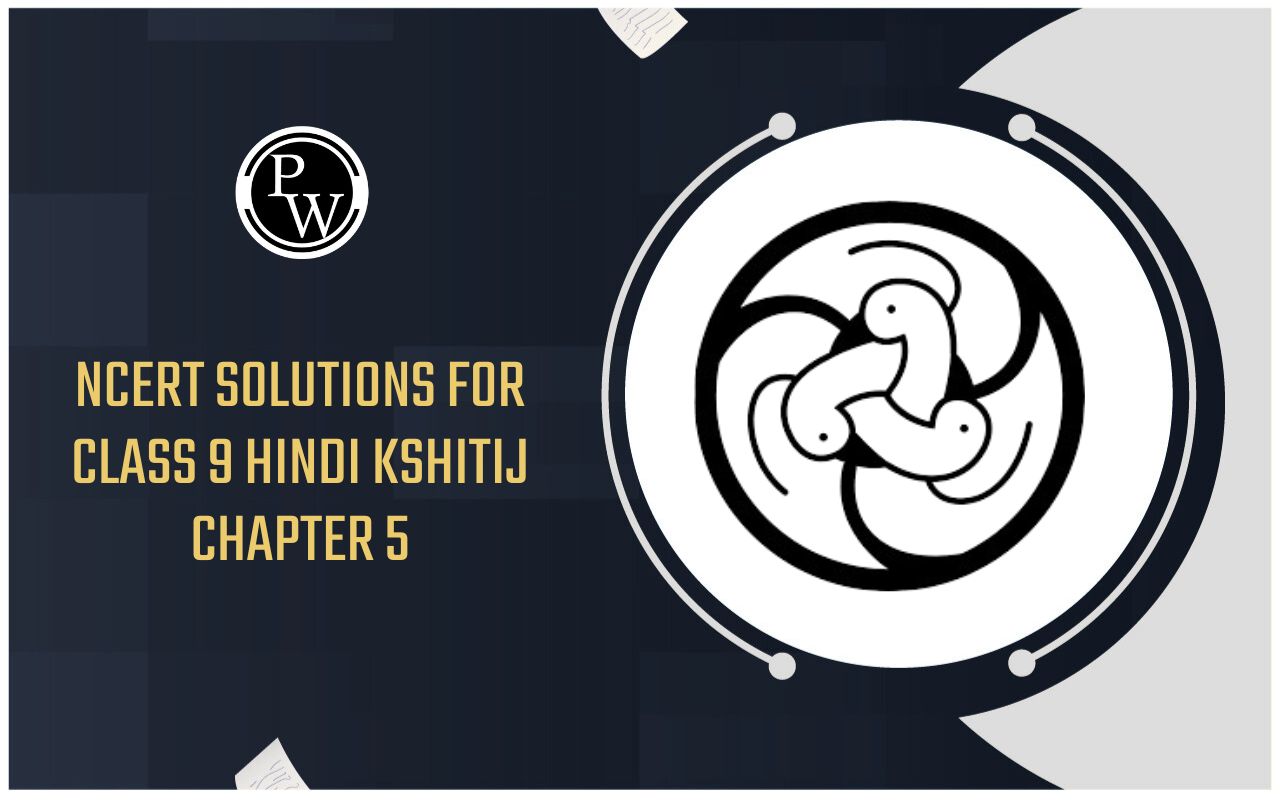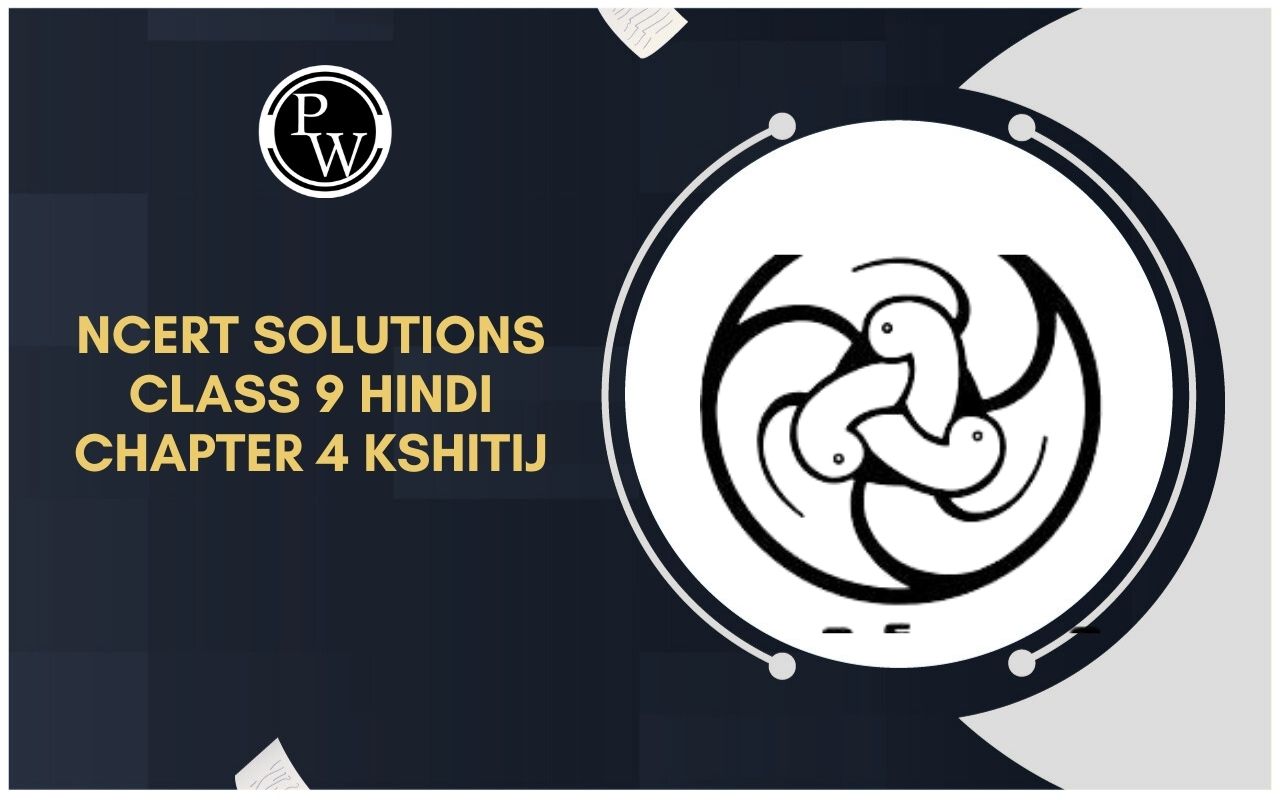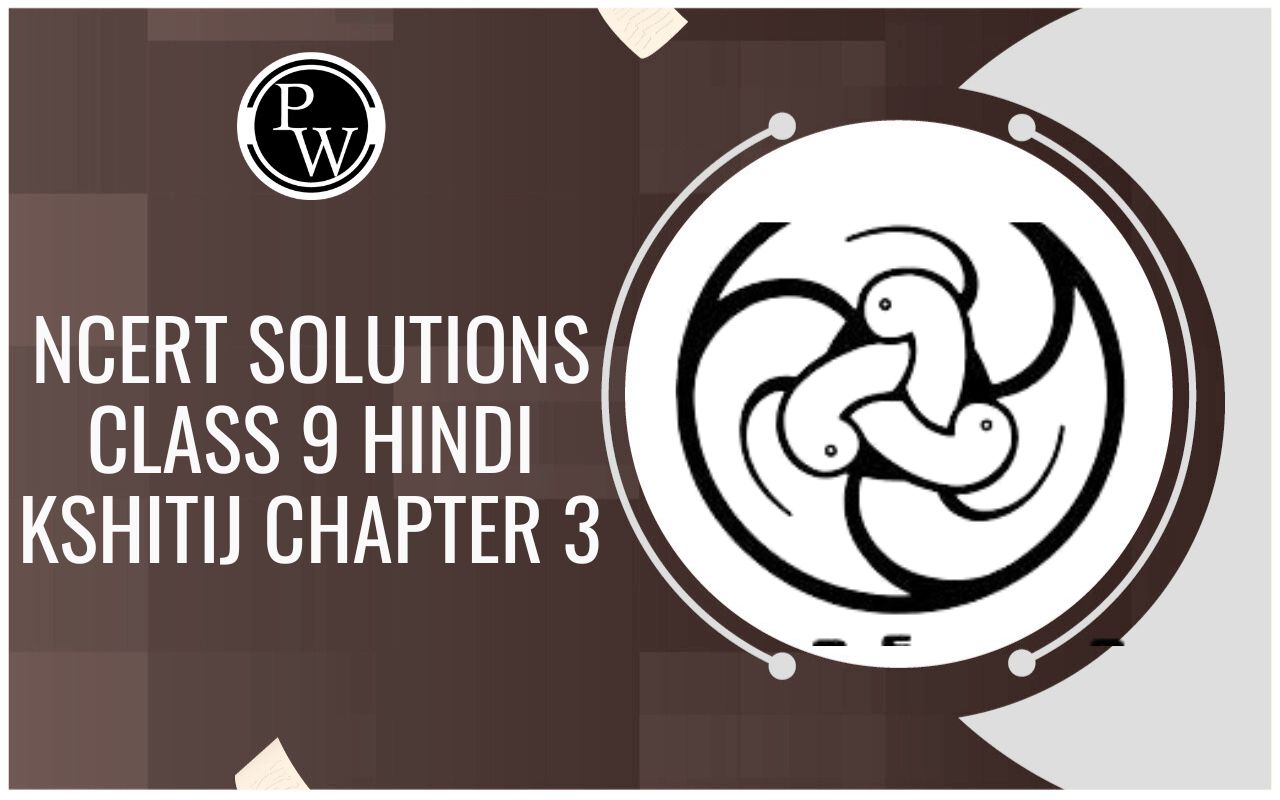
Significance of Mitosis
Cell cycle of Class 11
1. Important for growth and multiplication of cells.
2. Ensures that the two daughter cells inherit the same number of chromosomes, and hence the same characteristics as the parent cells.
3. Maintain the continuity of metabolism by transmitting to the daughter cells, exactly the same information as is coded in the DNA of the parent cell.
4. Plays a significant role in wound healing, regeneration of damaged parts (as in tail of lizard), and replacement of cells lost during normal wear and tear (e.g. skin surface).
5. May give rise to tumour or cancerous growth if the process goes out of control.
Colchicine — The Mitotic Poison
Colchicine (C 22 H 25 O 6 N) is an alkaloid commonly used as mitotic poison which is obtained from the underground corms of Autumn Crocus (Colchicum autumnale).
It does not allow spindle formation because the alkaloid brings about depolymerisation of microtubules.
Chromosome replication, that occurs in interphase, is not inhibited. Therefore, in presence of colchicine, the dividing cells do not divide but undergo replication causing doubling of
chromosomes. The process of increase in chromosomes set or genomes is called polyploidy which induces gigas effect or increased size and higher yield. It is regularly used in
horticulture and agriculture for producing new varieties, e.g., Potato.
Some other inhibitors are, Azides and cyanides inhibit prophase, granosan check spindle formation at metaphase, Chalones check cell division in vivo and in vitro, ribonuclease suppresses
prophase, Heat shocks prevent cell division.









